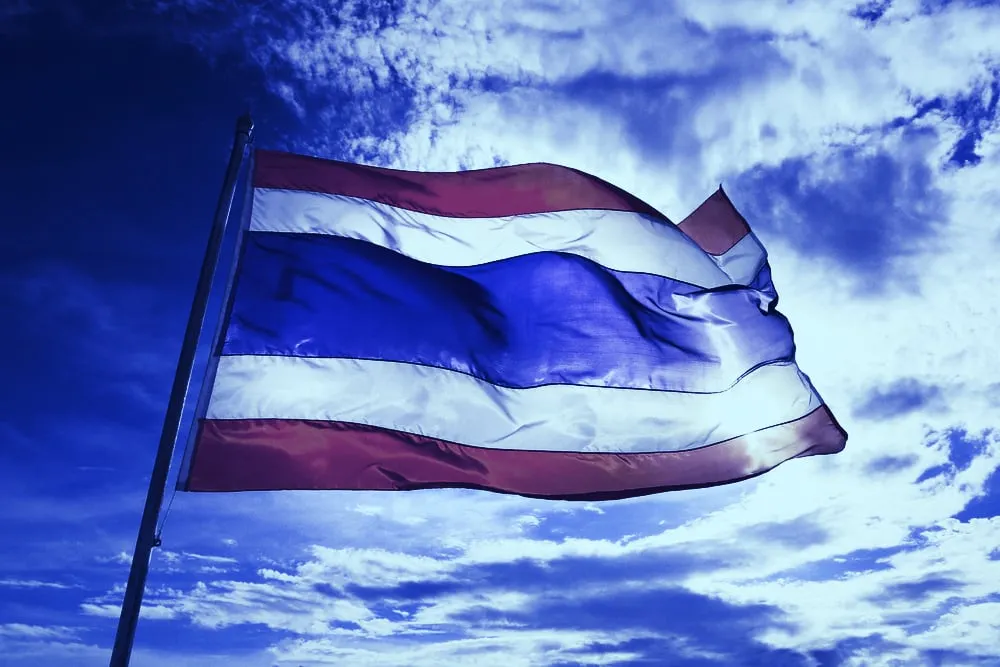In brief
- Thailand's Securities and Exchange Commission is considering regulating DeFi.
- DeFi watchers are split on regulation—with some thinking it will help the industry, and others thinking regulation and DeFi cannot coexist.
Decentralized finance (DeFi) projects may require licenses to operate legally in Thailand, says the country’s Securities and Exchange Commission (SEC).
“The issuance of digital tokens must be authorized and overseen by the Securities and Exchange Commission and the issuer is required to disclose information and offer the coins through the token portals licensed under the Digital Asset Decree,” the Bangkok Post quoted the SEC as saying.
Regulating DeFi
The news has caused a divide within the crypto community.
Some welcome the prospect of regulation as a legitimating factor for the growth of DeFi, while others claim that decentralized finance and regulation are polar opposites.
“It has become clearer that some types of DeFi are under-regulated, and we could see the SEC-regulated DeFi platforms in the future,” Dome Charoenyost, head developer of MVP Coin, told the Bangkok Post.
Niran Pravithana, co-founder and CEO of fintech start-up Ava Advisor, added that the announcement from the SEC is reasonable given the number of what he sees as fraudulent tokens in circulation.
“These criminals can hide in the messenger application Telegram and manipulate the token prices and these illegal activities can easily go undetected by the authorities,” he said.
Others, however, are not quite as convinced.
Charles Storry, head of growth at Phuture, told Decrypt that the SEC is hurting Thailand’s crypto community by seeking to regulate DeFi.
“By saying something of this nature, the SEC hurts Thailand’s small crypto community and shows their lack of understanding of this permissionless technology. The regulator should be encouraging these new businesses,” he said.
How could Thailand regulate DeFi?
It is unclear exactly how the SEC would—or even could—regulate Thailand’s DeFi space, but there are some options open to a regulator.
For one, a regulator could—theoretically—have a DeFi project’s code audited in order to mitigate the risk of “rug pulls.” A regulator could also combat the anonymous nature of DeFi by ensuring users go through relevant KYC procedures if and when they attempt to convert any DeFi token into fiat currency.
In any case, this is still a grey area in crypto, and there is little consensus on how to go about regulating DeFi.
“Regulating DeFi is a nice idea—but the reality of enforcing this is another,” Storry added.

